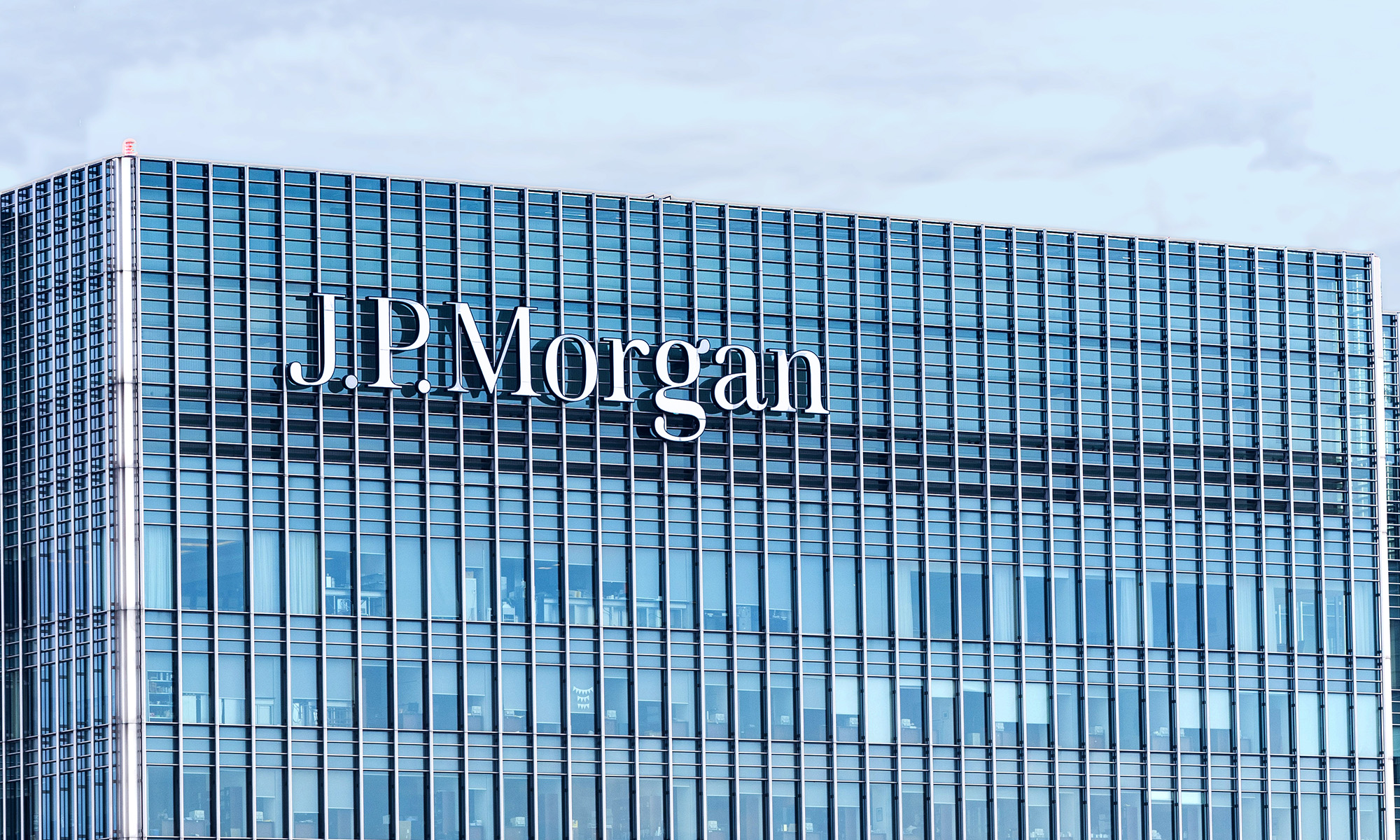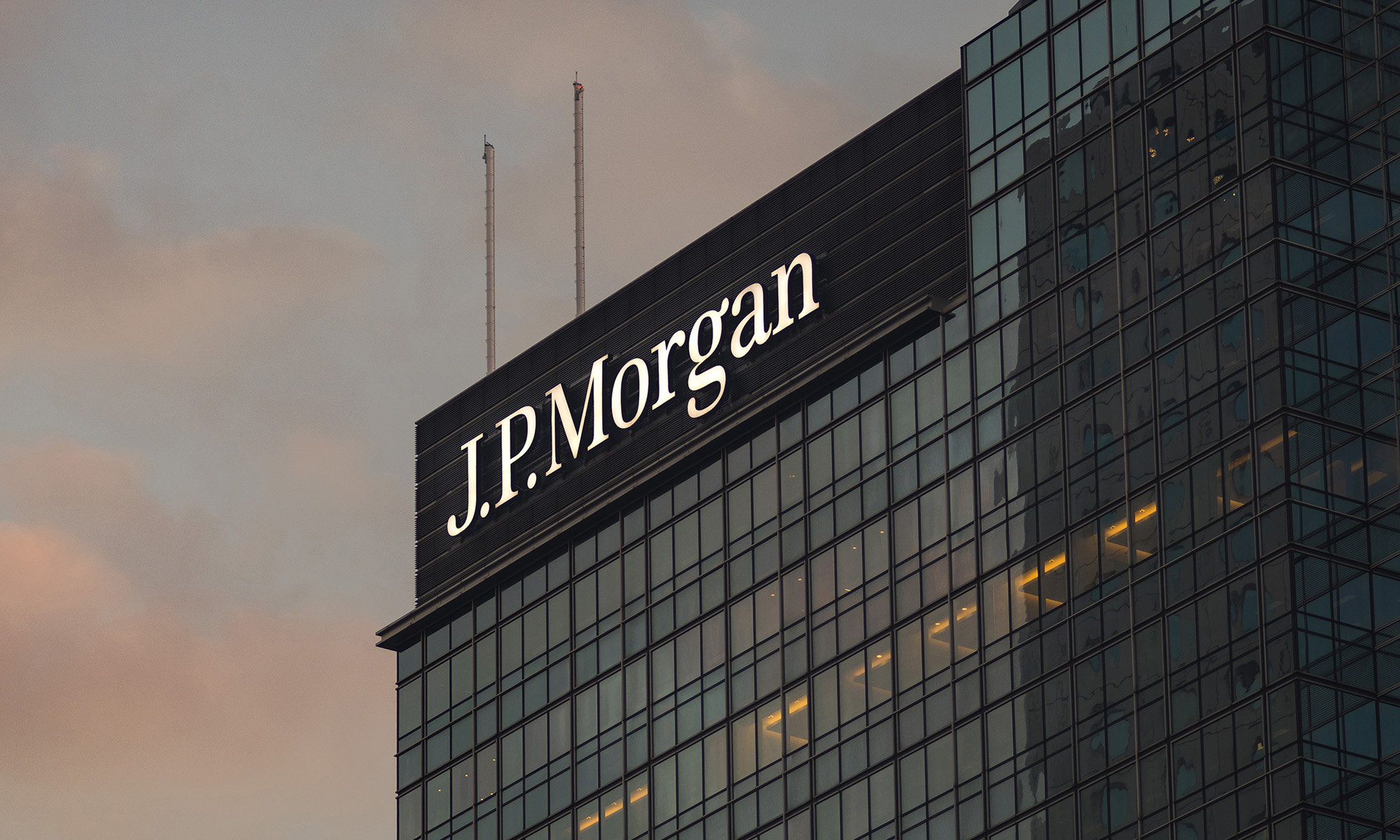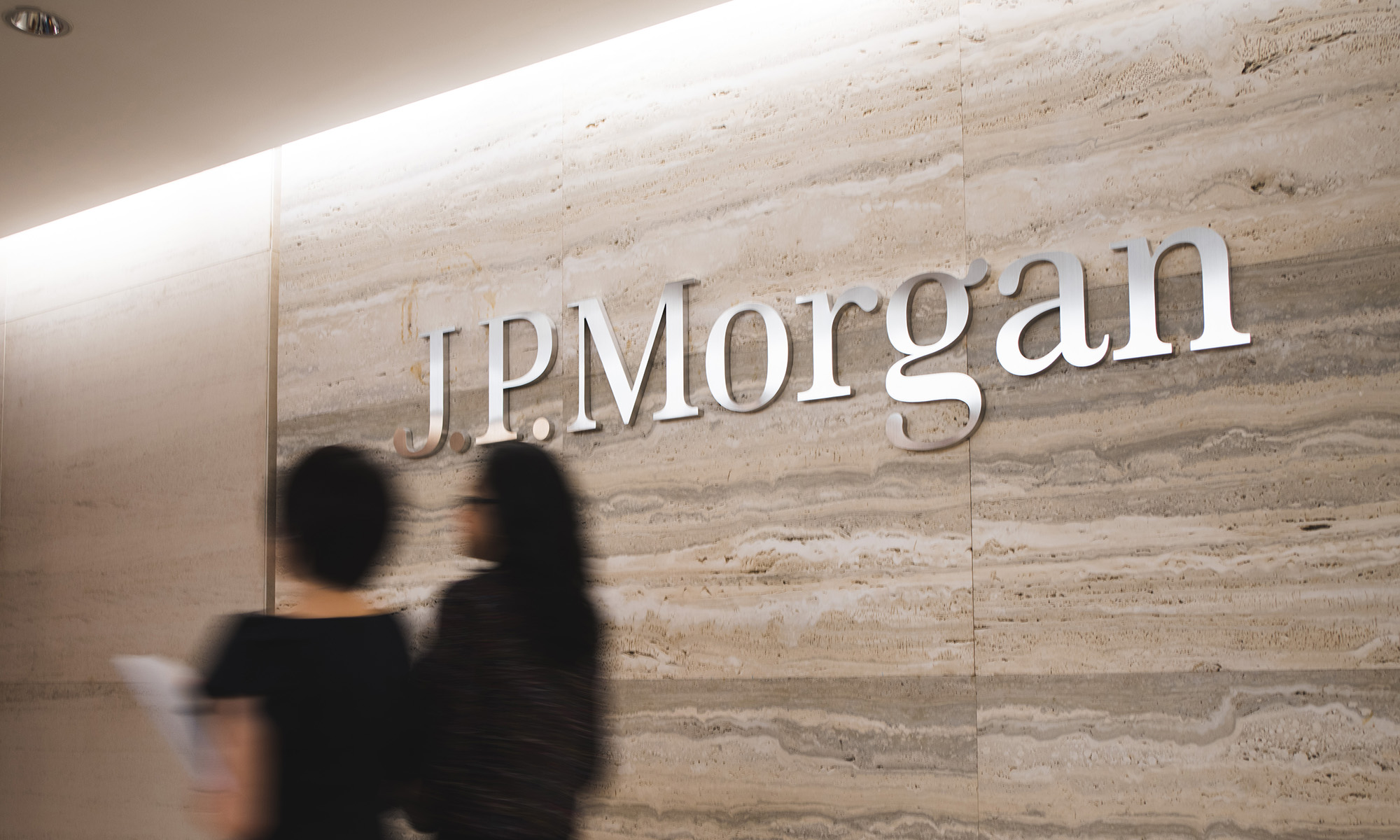The London Whale incident -- that massive bet in the derivative's market gone terribly wrong this past year that lost JPMorgan Chase (JPM +2.18%) at least $5.8 billion dollars -- very likely cost CEO Jamie Dimon one his most trusted lieutenants, Ina Drew , and tarnished his previously untarnished reputation as the best risk manager in banking.
Whatever prompted it, JPMorgan is now using counter-terrorism technology to identify fraud risks among its own employees. As unusual as this may sound at first, it's making the bank a more solid investment than ever.
Spies like us
Three people familiar with the program told Financial Times, which is reporting the story, that JPMorgan has engaged a Silicon Valley company to help with the fraud-detection work: a company that's previously done work for U.S. intelligence agencies. Now there's credentials for you. JPMorgan itself had no comment on the story, with chief information officer Guy Chiarello only going on record as saying the bank was data mining on "a couple of dozen projects."
The technology JPMorgan is using "involves crunching vast amounts of data to identify hard-to-detect patterns in markets, or individual behavior that could reveal risks or openings to make money." That is, the bank is using these high-tech tools to try and identify rogue traders before they can cause any damage, or to at least limit the amount of damage that's done. And according to the FT, JPMorgan isn't the only bank doing this.
More than a feeling
"Data mining" is a popular term right now. "Big data" is the other term you hear. Think Moneyball, the famous book (and movie) by author Michael Lewis that examines how a poor, down-on-its-luck major-league baseball franchise put together a contending team by using algorithms to sift through massive amounts of previously unlooked at player data. Instead of relying on "hunches" or "feelings," organizations are turning more and more toward crunching the numbers.
Even political organizations are getting into the big-data swing of things. It's old news that Barack Obama's 2012 campaign used data mining to put together an unprecedented get-out-the-vote campaign, one that probably saved the president's electoral bacon. And Nate Silver, the now-famous polling blogger for The New York Times, made his name in the last election by using his own algorithms to make sense of a myriad of contradictory polling data, allowing him to call the election to within 19 electoral votes.
Risk-control freak from the get-go
Why does all of this make JPMorgan Chase a more solid investment? When the London Whale first surfaced, Dimon went nuts, appearing on news show after news show, and popping up all over the press, offering intense mea culpas for his bank's botched trade, explaining how his bank had made an "egregious" mistake caused by "sloppiness and bad judgment."
In Gillian Tett's brilliant book on the financial crisis, Fool's Gold, Dimon is revealed as a risk-control freak from the get-go; this had much to do with JPMorgan steering clear of some of the period's worst financial excesses, and also with the superbank coming through the crash in good shape, while competitors like Bank of America (BAC +0.84%), Citigroup (C +1.27%) and, of course, Lehman Brothers, didn't.
So even without the Tale of the London Whale playing out so dramatically this year, maybe Dimon would have been using data mining to try and get ahead of rogue traders anyway. It's not like JPMorgan is the first bank to have employees running around doing their own thing (it's not exactly clear yet that Bruno Iksil, the London Whale himself, was trading entirely on his own or with the knowledge of his superiors, though the bank's suit against Iksil and ex-his boss suggests JPMorgan believes there was some collusion).
The point of all this is, regardless of the London Whale incident, and maybe even more so because of it, Jamie Dimon remains, in my opinion, the best risk manager in banking and also the best CEO. JPMorgan is already a solid investment. Dimon doubling down on risk management, evident by this big-data project, only makes that case even more strongly. Wall Street could use more CEOs like him.








